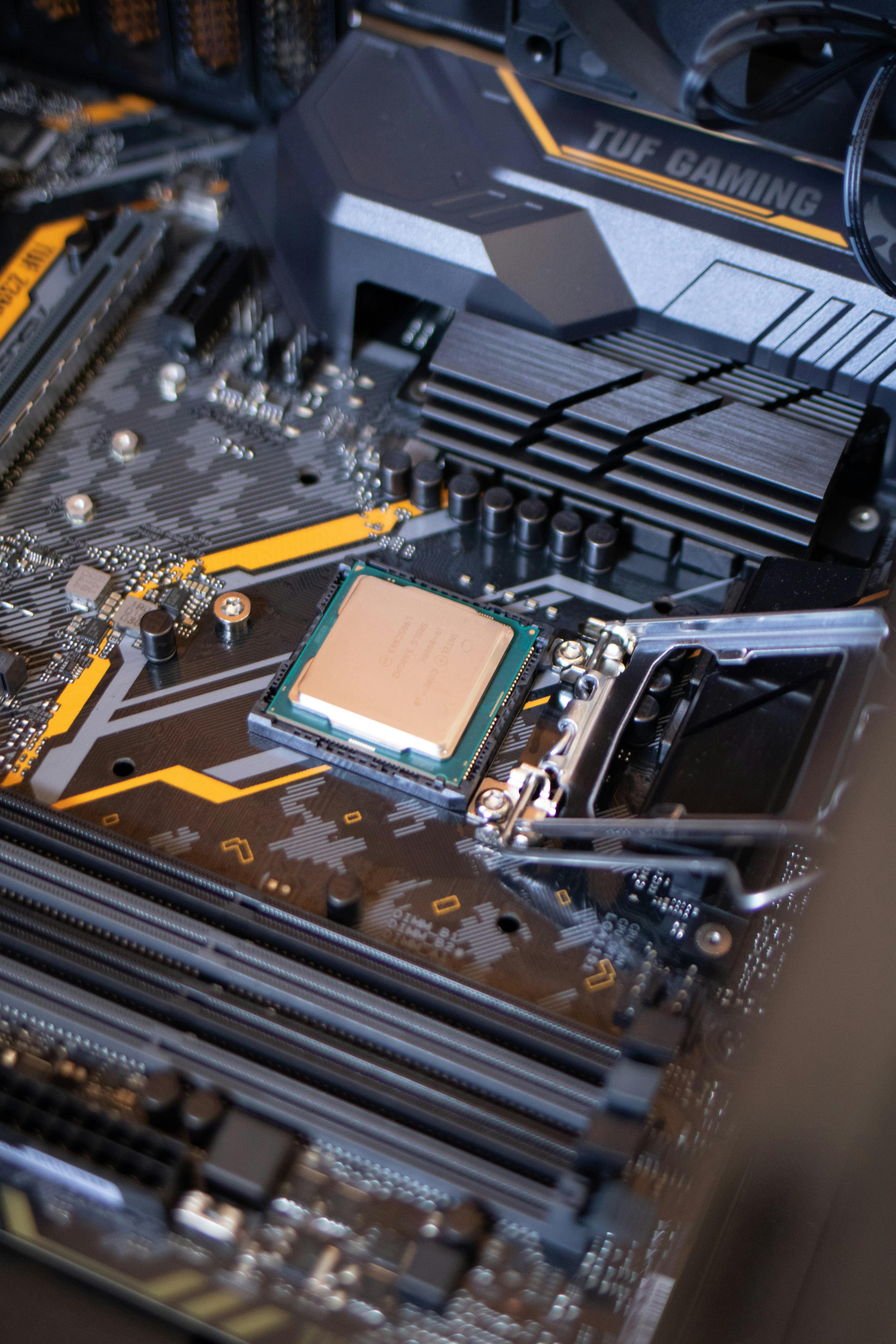Blackwell Processor Delays: TSMC Manufacturing Issues Impact Nvidias AI Chip Timeline

Nvidia's plans for launching its next-generation Blackwell AI chips are facing significant setbacks due to production issues at TSMC. The complications in manufacturing have raised concerns about delays, potentially disrupting Nvidia's timeline for releasing these highly anticipated processors.
Background on Nvidia and Blackwell Processors
Nvidia has long been a dominant player in the AI chip market, renowned for its powerful GPUs that drive advancements in artificial intelligence and machine learning. The Blackwell processors represent the next leap in Nvidia's technological evolution, promising enhanced performance, efficiency, and capabilities critical for future AI applications. These chips are expected to solidify Nvidia's position at the forefront of AI hardware innovation.
Details of TSMC Manufacturing Issues
TSMC, the world's largest semiconductor manufacturer, has encountered specific production challenges that are affecting the manufacturing of Blackwell processors. These issues involve technical complications in the fabrication process, which have led to lower-than-expected yields and delays in production timelines. The problems emerged in recent months, and despite efforts to address them, they continue to pose significant hurdles.
Impact on Nvidia’s Production and Release Schedule
The production issues at TSMC are likely to delay the rollout of Blackwell processors. This could force Nvidia to push back its planned release dates, potentially missing key market windows and affecting its competitive edge. The delays could also disrupt Nvidia's market strategy, necessitating adjustments to its product launch plans and marketing efforts. Nvidia may need to explore alternative strategies, such as optimizing existing products or accelerating the development of backup solutions, to mitigate the impact of these delays.
Industry and Market Reactions
The news of potential delays in Nvidia's Blackwell processors has elicited strong reactions from industry experts and analysts. While some express concern over the setbacks, others remain optimistic about Nvidia's ability to overcome these challenges. The market response has been cautious, with stock prices reflecting uncertainty. Competitors in the AI chip market may see this as an opportunity to capture market share, adding pressure on Nvidia to resolve the issues swiftly.
Broader Implications for the Tech Industry
The delays in Nvidia’s AI chips could have broader implications for the tech industry. AI development and deployment across various sectors, including healthcare, automotive, and data centers, rely heavily on cutting-edge hardware like Nvidia's Blackwell processors. Any setbacks in the availability of these chips could slow down AI innovation and disrupt progress in these fields. Additionally, the production issues highlight vulnerabilities in the semiconductor supply chain, emphasizing the need for greater resilience and diversification.
Future Outlook
Looking ahead, resolving TSMC’s production issues is crucial for Nvidia to get back on track with its Blackwell processors. Industry insiders predict that with concerted efforts and technological adjustments, TSMC can overcome the challenges, though it may take several months. Nvidia will need to carefully manage its revised timeline and maintain clear communication with stakeholders to manage expectations. The company might also explore strategic partnerships and investments to ensure future production stability and maintain its leadership in the AI chip market.
Conclusion
In summary, the production issues at TSMC have significant implications for Nvidia’s Blackwell AI chips, potentially delaying their release and impacting Nvidia’s market strategy. Overcoming these challenges is essential not only for Nvidia but also for the broader tech industry, which relies on advancements in AI hardware. As Nvidia navigates these hurdles, the focus will be on ensuring a robust and resilient supply chain to support ongoing innovation in AI technology.
Author: Brett Hurll
From Chip War To Cloud War: The Next Frontier In Global Tech Competition
The global chip war, characterized by intense competition among nations and corporations for supremacy in semiconductor ... Read more
The High Stakes Of Tech Regulation: Security Risks And Market Dynamics
The influence of tech giants in the global economy continues to grow, raising crucial questions about how to balance sec... Read more
The Tyranny Of Instagram Interiors: Why It's Time To Break Free From Algorithm-Driven Aesthetics
Instagram has become a dominant force in shaping interior design trends, offering a seemingly endless stream of inspirat... Read more
The Data Crunch In AI: Strategies For Sustainability
Exploring solutions to the imminent exhaustion of internet data for AI training.As the artificial intelligence (AI) indu... Read more
Google Abandons Four-Year Effort To Remove Cookies From Chrome Browser
After four years of dedicated effort, Google has decided to abandon its plan to remove third-party cookies from its Chro... Read more
LinkedIn Embraces AI And Gamification To Drive User Engagement And Revenue
In an effort to tackle slowing revenue growth and enhance user engagement, LinkedIn is turning to artificial intelligenc... Read more

